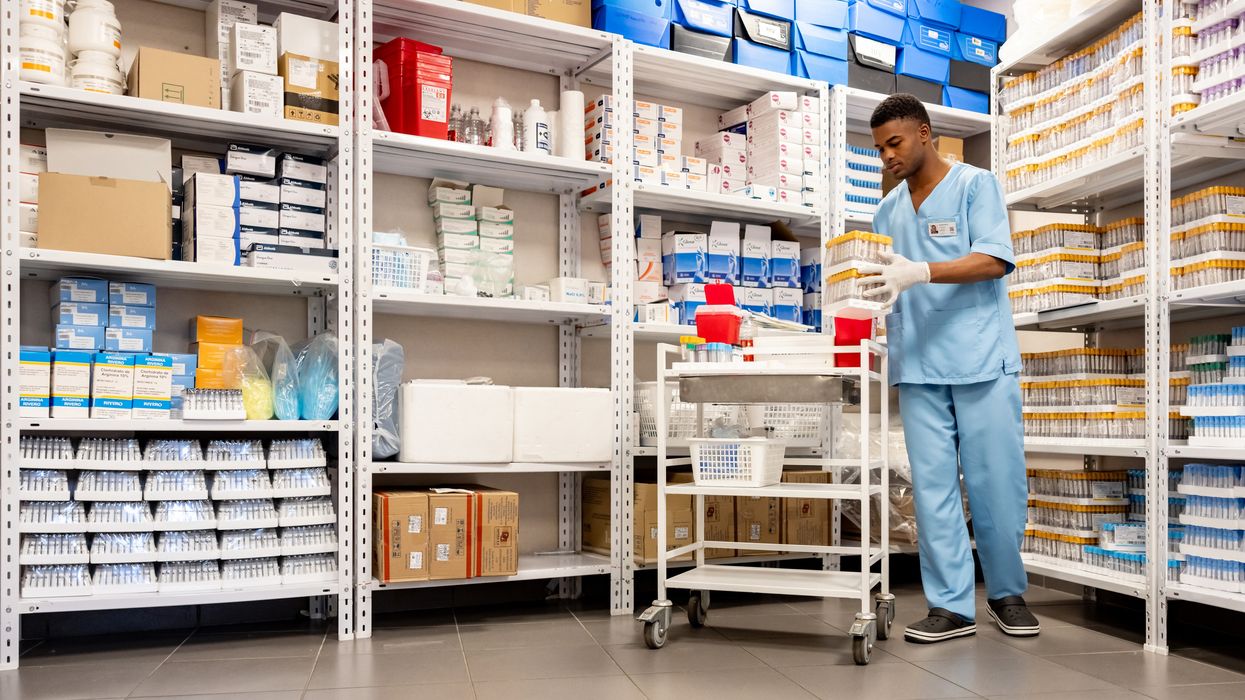Denmark's Zealand Pharma and Boehringer Ingelheim said their experimental obesity treatment achieved up to 14.9% weight loss in a mid-stage trial, lining up a potential contestant in the booming obesity drug market.
In a statement on Wednesday (May 10), the partners said that the Phase II dose-finding trial met its primary endpoint of weight loss after 46 weeks.
Paola Casarosa, head of therapeutic areas at Germany's Boehringer Ingelheim told Reuters the partners are in discussion with regulators about the design of a planned follow-up trial in the third and last phase of testing.
The enormous demand for weight-loss treatments such as Novo Nordisk’s Wegovy, or potentially Eli Lilly's Mounjaro, could support as many as 10 competing products with annual sales reaching up to $100 billion within a decade, mostly in the United States, industry executives and analysts said.
Lilly said about a year ago that Mounjaro was shown to reduce up to 22.5% in weight after 72 weeks of treatment in a much larger late-stage trial.
Before that, a late-stage trial showed that Novo’s Wegovy helped patients obtain a weight loss of about 15-17% over 68 weeks, depending on patient subgroups in the study.
Casarosa said the results could not be directly compared because of differences in trial design and size, reflecting an established view in the academic world.
Zealand shares, however, fell 2.9% at 0937 GMT after jumping as much as 3.3% after the open on concerns among some investors and analysts about the differences and that the drug may command a smaller niche than rivals.
UBS analyst Michael Leuchten noted the initial weight-loss readout was below that of Mounjaro and Phase II trials of another Novo drug candidate called CagriSema, but said a lower price could pave the way into a profitable market segment.
"The obesity market will always come with affordability questions that will split the market into different pockets," said Leuchten.
Gareth Powell, head of healthcare at Zealand shareholder Polar Capital, said participants that were not yet up to the planned maintenance dose could be included in the overall tally, potentially heralding a better weight-loss percentage.
"This is likely the third drug to reach the market for obesity after Lilly and Novo Nordisk," said Powell.
REGULATING APPETITE
The drug, called BI 456906, not only mimics a gut hormone called glucagon-like peptide-1 (GLP-1) which suppresses appetite as do other injectable treatments, but it also imitates another gut hormone called glucagon.
"What we see, and what excites us, is on one hand the weight loss that is consistent with our expectations," said Casarosa.
"But what's more, we see obesity also as a key risk factor in driving many comorbidities in the cardiometabolic space."
Among the drug's targeted effects, the glucagon-based mode of action should help burn more fat when exercising and prevent the harmful build-up of fat in the liver, she said.
Its side effects were "consistent" with what was seen in other injectable GLP-1-based drugs, she said.
An experimental drug by Altimmune with the same dual action as Zealand's helped reduce weight by over 10% in a mid-stage trial, data in March showed, but safety concerns sent its shares tumbling.
Almost 400 participants in the Zealand trial - overweight or obese but not diabetic - were put into five equally large groups by chance, with four getting different doses of the experimental weekly shot and the fifth getting a placebo.







